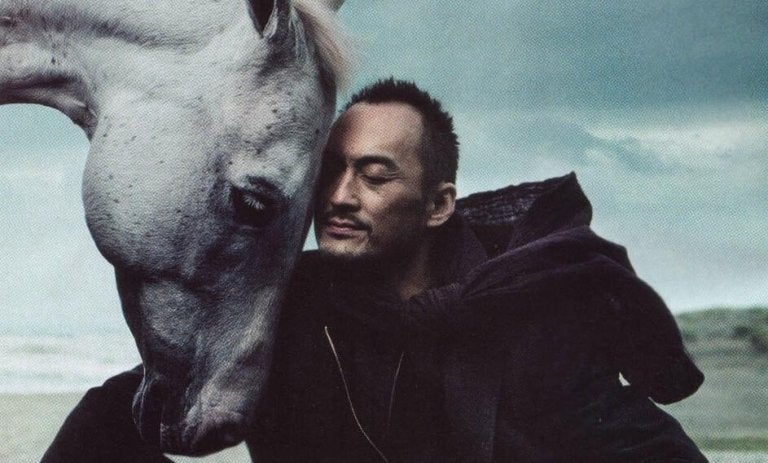Our brain is symbolically divided into two brain hemispheres. Are they known as the good ones? or “intuitive” and the left hemisphere “rational”. Therefore, human balance is determined by the relationship between the emotional brain and the rational brain. This relationship influences our own well-being.
Among the three parts of our brain, the center of emotions is in the oldest part from a phylogenetic point of view, however, our most logical and rational part is in neocortex, this new domain allows us to perform the most sophisticated mental tasks.
- The emotional brain and rational brain are not opposing poles.
- I.
- E.
- Emotions are the basis of reasoning and value our experiences.
- So neuroscientist Paul MacLean compared the relationship between the emotional and rational brains to the relationship between a horse.
- 40 with a strong and instinctive horse 41 and a competent rider (experienced and logical).
Human balance is determined by the relationship between the hemispheres: emotional brain and rational brain.
The word comes from Latin aequilibrium, aequus what does it mean?Equal? And a book that means “scale. ” We recognize the balance between harmony, economics, moderation, common sense, reason, that is, in people with good mental health.
When the emotional brain and rational brain are in balance, we can feel them in our own personal experience. For example, in situations where our survival is at risk, both systems (emotional and rational) can function independently.
Emotional would give us the energy to take the first urgent step (holding on to a handrail or branch in case we fall off a ladder or cliff), on the other hand, the reason would be used to take the next steps (we could not hang indefinitely). ).
Human balance determines our well-being
A competent rider must learn to control his horse if he wants to ride it, if there are not many obstacles and the weather is favorable, it will be easier for the rider to maintain control, but if something unexpected happens, such as noise noises or threats from other animals, the horse will try to escape and the rider must hold firmly, so it is necessary to maintain balance and , intelligently, control the agitation of the horse.
The same is true when people are threatened with their survival, this can happen when they are afraid or even with high sexual desire, in these circumstances it is harder not to lose control, the limbic system detects and decides when there is a threat and the connections between reasoning (frontal lobes) and this system are confused.
Therefore, neuroscientific research shows that most psychological problems are not caused by comprehension problems. In fact, they arise from pressure in the regions most specifically responsible for attention and perception. It is very difficult to perform advanced logical processes when our emotional brain is alert and only responds to signals it perceives as dangerous.
Sometimes we get angry at the people we love or are afraid of something or someone we depend on, which causes a struggle. Our emotions and brains launch a battle that, regardless of the winner, rarely makes us feel good.
If the rider (rational brain) and the horse 40 emotional brain 41; You don’t agree, who wins?In principle it looks like the horse, because it has a lot of strength, in fact, this result is more likely before our brain has finished fully developing. 21 years before that, our prefrontal lobe has not yet formed, so unless we have acquired tools that compensate for its weakness, it will be in a state below the impulse of the limbic system.
Once the development of our brain is complete (or almost complete, as it continues to evolve), it is easier for the person to exercise control over their most instinctive and emotional side, and lifelong experience and tools also tend to help. In this sense, enriching these two elements (experience and psychological tools) will help prevent our emotional brain from taking control of our thoughts and behaviors, something that could hurt us a lot.

